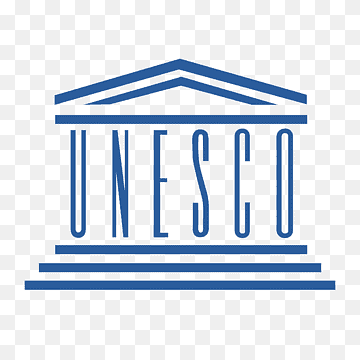
DHAKA, Jan 3, 2023 (BSS) - With the global pandemic, the cost of education has risen, resulting in many families in debt just so their children can pursue education.
Costs such as tuition, private tuition, stationeries, and many more are attached to both private and public schools, said a press release of BRAC here today.
With the current state of rising inflation, education has become a burden to many families, the release added.
While South Asia has made tremendous progress in education access and the cost of keeping up with it is inadequate.
A UNESCO-research-report, in association with BRAC, released at a national launching programme of Bangladesh at Pan Pacific Sonargaon here today showed that Bangladesh, like some other south Asian countries, spends less than 2.5 percent of its gross domestic production (GDP) on education while the UN recommends spending at least 4 percent of GDP.
As a result, households account for the largest share, 71 percent of total education-spending in Bangladesh.
Education Minister Dr Dipu Moni and CAMPE's Executive Director Rasheda K Choudhury were the chief guest and guest of honor respectively in the program while Director General of Directory of Secondary and Higher Education (DSHE) Professor Nehal Ahmed and member of University Grants Commission (UGC) Professor Biswajit Chanda were present as special guests, the release said.
BRAC's director for Education, Skills Development, and Migration Safi Rahman Khan gave welcome remarks.
The research report has been presented by UNESCO's GEM Report's director Manos Antoninis.
Professor Emeritus of BRAC Institute of Educational Development (BRAC IED), BRAC University Manzoor Ahmad presented the background study of Bangladesh.
Interactive session was moderated by the chairperson of BRAC Dr. Hossain Zillur Rahman. He also gave closing remarks.
Dr Dipu Moni said, "Why should a child participate in the admission war? And then when he or she doesn't pass, think what kind of adverse affect this six-year-old, ten-year-old, twelve-year-old child has on her/his mental health and self-confidence".
"And in many cases parents do not pay attention to all. Considering these issues, the government has been arranging admission through lottery since 2021," she said.
"The number of seats in our private school is 9 lakh 25 thousand 780 where 2 lakh 76 thousand have applied. And in government schools, whose standards are claimed to be not so good, there are 1 lakh 7 thousand 907 seats where 5 lakh 34 thousand applied, which suggest people's inclination towards government institutions," she added.
She further added, "We need to make the teaching profession much more attractive."
"If we fail to do that, people who cannot go anywhere else will take this job. But if we can attract people who really love this profession, we will get much better result from them," she said.
Rasheda K Choudhury said, "Kejriwal has changed the education system of Delhi. Ninety percent are now going to public schools. How and why -- we should know. Now private schools don't have enough students."
"Because, they changed the whole public education system making it more learner-friendly, appointing good teachers, developing infrastructure and monitoring to ensure accountability," she added.
Professor Emeritus of BRAC Institute of Educational Development (BRAC IED) of BRAC University professor Manzoor Ahmad said, "We have economic progress. But education investment did not increase accordingly."
"Other south Asian countries are in a better situation than Bangladesh. Teachers have no accountability in many cases. More reforms in the Monthly Pay Order (MPO) model are necessary," he added.
Manos Antoninis said, "Financing is not adequate and lacks equity focus. In Bangladesh the monthly pay order system is not sufficiently focused on promoting quality. The government should set quality standards that apply to all institutions and improve state capacity."
Dr Hossain Zillur Rahman urged everyone to discuss ancillary services, besides 'core service'. He thanked everyone for the lively discussion.
The BRAC-UNESCO research report stated that while access to education has grown faster than in any other region in the past few decades in South Asia, learning levels are more than one third below the global average and growing more slowly than in the rest of the world.